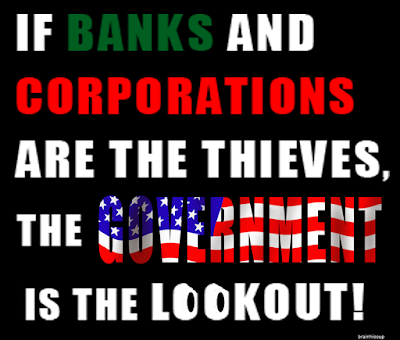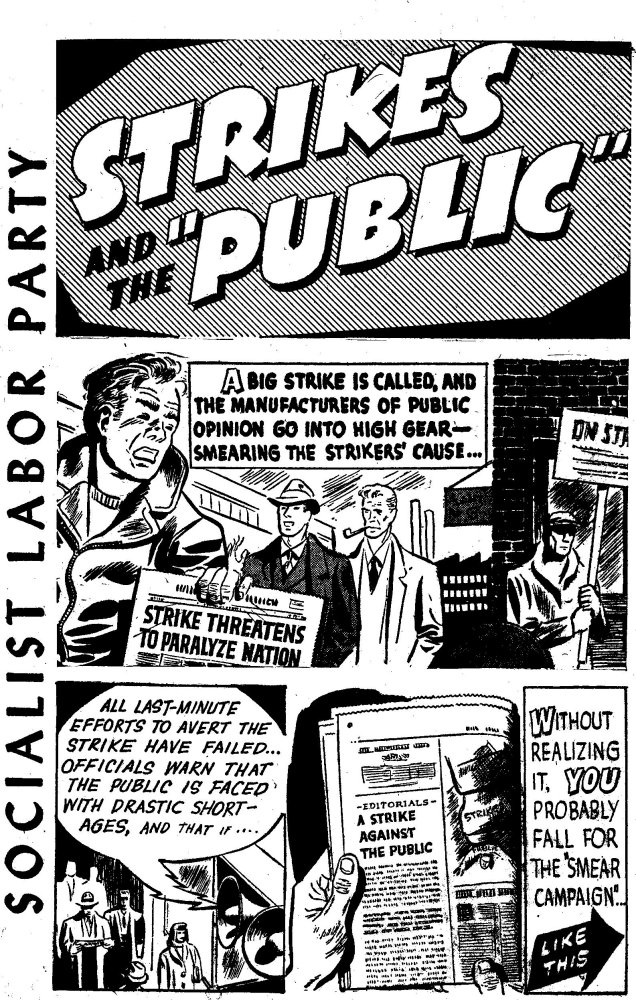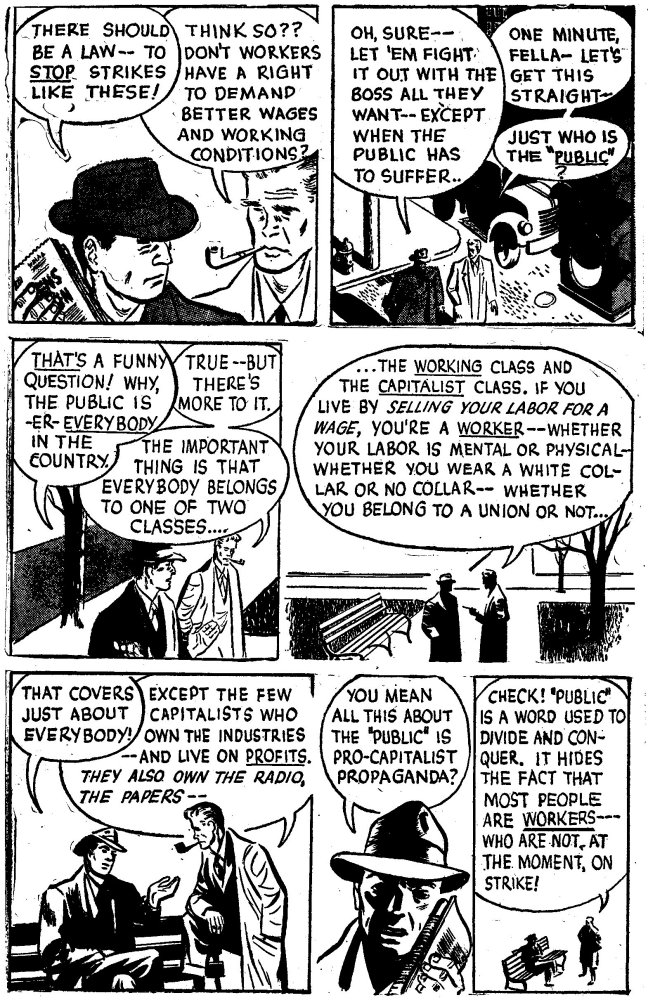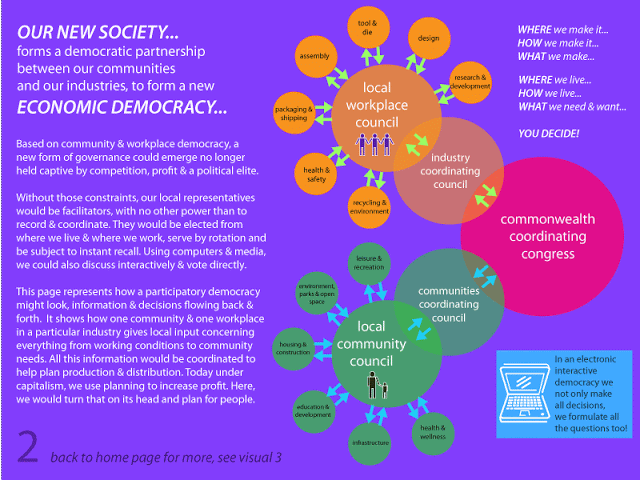MAILSTROM
"I have no country to fight for; my country is the Earth, and I am a citizen of the World." - Eugene V. Debs
Saturday, November 05, 2016
A hot wet future
The Paris 2015 climate agreement is now officially in force. The stated goal of the agreement is to limit global warming to 2 degrees Celsius (3.6 degrees Fahrenheit) or ideally 1.5 degrees Celsius. In order to limit global warming to a maximum of 2 degrees, coal, oil and gas must be mostly phased out as energy sources by 2050 - to achieve the 1.5 degree target, this would need to happen even earlier.
In order to limit global warming to 1.5 or 2 degrees, according to the United Nations Framework Convention on Climate Change (UNFCCC), countries' reduction targets submitted to date are not sufficient.
Even if all targets were achieved, according to calculations by the Potsdam Institute for Climate Impact Research (PIK), the Earth temperature would probably rise by 2.4 to 2.7 degrees by the end of this century.
A temperature increase of 1.5 degrees Celsius and sea levels would probably rise by "only" 40 centimeters by 2100. But a temperature increase of 2 degrees could mean by 2100 sea levels would be about 50 centimeters higher than today, and through ongoing ice melt from 1.5 to 4 meters higher by 2300. This would have devastating consequences for coastal regions around the world. The Netherlands, Bangladesh, Venice, New York, Tokyo, Sydney, Mumbai and London would all be hard hit.
Droughts, extreme storms and crop failure are further consequences.
Friday, October 28, 2016
Wednesday, October 26, 2016
The Fraudsters
The United Nations must no longer tolerate the scandal of secrecy jurisdictions that facilitate tax evasion, corruption and money-laundering,” said the UN Independent Expert on the promotion of a democratic and equitable international order Alfred de Zayas to the General Assembly. Secrecy jurisdictions are also known as tax havens.
De Zayas particularly pointed to the human costs of such actions, noting that trillions of dollars kept offshore to escape taxation take away necessary resources to combat extreme poverty and address climate change. “Corruption, bribery, tax fraud and tax evasion have such grave effects on human dignity, human rights and human welfare that they shock the conscience of mankind. They should be prosecuted nationally and internationally,” he stated.
He described this “systematic looting of society” in a new report presented to the General Assembly where he found that up to $32 trillion USD is held in offshore secrecy jurisdictions around the world.
According to the UN Conference on Trade and Development (UNCTAD), this costs developing countries more than $100 billion USD per year. In 2011 alone, developing nations lost almost $950 billion USD due to illicit financial flows, including tax evasion. According to the Organisation for Economic Cooperation and Development (OECD), this was seven times more than the official development assistance, the official term for aid, provided that year and substantially higher than the estimated costs of achieving the Millennium Development Goals.
Monday, October 24, 2016
Welcome Immigrants
In Europe, 24 percent of the people are 60 and over, and no
country has a birthrate sufficient to maintain current population sizes. Who
but immigrants can work and fund Europe’s welfare states for its graying
publics?
The United Nations’ World Population Prospects says that
only 10 percent of global population is in Europe, which is projected to have
fewer people in 2050 than today. Just 16 percent of the world’s population is
in Africa, but “more than half of global population growth between now and 2050
is expected to occur” there. It will have the world’s highest growth rate, and
41 percent of its people currently are under 15.
Monday, October 17, 2016
Friday, October 14, 2016
soya
Soybean oil is used as a table oil and, increasingly, as a biofuel. Aside from that, it is a major part of our diet. Humans directly consume only a relatively small proportion of the protein-packed foodstuff in the form of products such as tofu and soy milk. But we do eat a lot of it indirectly. Some 75 percent of soybeans are used for poultry, pork and other animal feed. China is by far the largest consumer. China's soybean imports will hit a record 86 million tons for the year 2016-17. An average European consumes 18.6 kilograms of chicken and 214 eggs in one year, which altogether takes 27.8 kilograms of soy to produce.
In 2012, the world produced around 270 million tons of soy. This will nearly double to 514 million tons by 2050. And that means more land for growing soy - and possibly more deforestation. Ten years ago, environmental group Greenpeace drew global attention to the destruction of vast swaths of the Amazon forest in Brazil from a seemingly unlikely source - soybean plantations. From 2001 to 2006, soybean plantations expanded by 1 million hectares in the Brazilian Amazon, leading to record deforestation rates. The ensuing outcry pushed Brazil to introduce a moratorium, which has drastically cut forest clearance for soybean production over the past 10 years, studies say.
But environmental groups such as WWF say soy plantations are still causing deforestation in Brazil and other Latin American countries. This is threatening wildlife, the global climate, water reserves, soil quality and people, and is causing social unrest. In Paraguay, for instance, small-scale farmers are struggling to uphold their traditional lifestyles in the face of increasing soy monocultures and deforestation. Some 3.5 million hectares of soy fields now stretch across the country.
Thursday, October 13, 2016
Wednesday, October 12, 2016
IS MEAT-EATING SUSTAINABLE?
Meat-eating is a human rights issue, but also a sustainability issue
The most efficient meat is chicken, and it requires nine calories in the form of wheat or soy or whatever other crop you're feeding to the chicken to get one calorie back out. When we produce and eat chicken, we're effectively throwing away 800 percent of the food that's produced, because it takes nine calories in the form of bean crops to get one calorie back out. For pork, it's 15 calories in for one calorie back out. For beef it's 23 to 25 calories in for one calorie back out. This is an insane inefficient and wasteful system of food production.
800 million people living in nutritional deficit, which is a euphemism — they're starving. And a former UN special envoy on food, Jean Ziegler, said that the diversion of corn and wheat to bio-fuels is a human rights crime.
If you're taking that corn and wheat and turning it into bio-fuels, that creates a demand for corn and wheat and it drives up the price. The result is that people are priced out. We’re creating competition for that corn and wheat between people who are starving and our gas tanks. And yet we continue to use vast amounts of wheat and corn to feed chickens, pigs, and other farm animals. And of course we haven’t even mentioned soy, where more than 80 percent of the global soy crop is fed to farm animals. Rainforests are being decimated in order to graze animals and grow soy for export to be fed to farm animals.
It's a scientific impossibility that the 170 plus governments that have signed the Paris Agreement, which pledged to keep climate change to under 2 degrees Celsius by 2050, will meet that goal, unless animal product consumption goes down. Animal agriculture was found to be responsible for about 18 percent of global climate change, which is roughly 40 percent more than all of the airplanes, cars, trucks, and other forms of transport combined.
Tuesday, October 11, 2016
Monday, October 10, 2016
Indian Class Struggle (video)
The film deals with the recent struggles of precarious migrant workers from rural areas in the export-processing zones of Faridabad and Gurgaon, including the Hindi workers' newspaper project associated with the Kamunist Kranti group
Subscribe to:
Posts (Atom)











